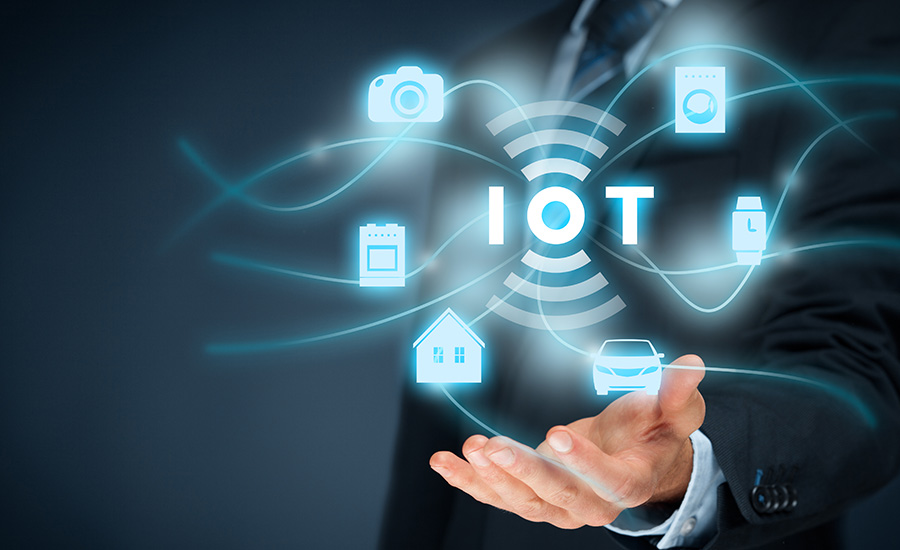Researchers at Newcastle University have developed solar cells that can harness ambient light to power Internet of Things (IoT) devices. The photovoltaic cells, which are based on a copper electrolyte, have impressively attained a 1.0V open-circuit voltage at 1,000 lux (fluorescent lamp) and a power conversion efficiency of 38%.
The non-toxic, environmentally friendly cells might transform how IoT devices are fueled and set a new benchmark for sustainable energy sources in ambient environments. The study, which was published in the journal Chemical Science, also discovered a novel approach to energy management that makes use of long short-term memory (LSTM) artificial neural networks to forecast shifting deployment conditions and modify the computing load of IoT sensors accordingly.
The energy-harvesting circuit operates at its best with the assistance of its dynamic energy management system, minimizing power losses. Innovative solar cells combined with clever energy management strategies could result in the creation of a wide range of novel device implementations with extensive applicability in numerous industries.
Moreover, the researchers said their work provides a significant contribution to the global efforts to develop sustainable and autonomous IoT devices. The new solar cells offer a practical solution to the growing demand for IoT devices that can operate autonomously and sustainably, thereby reducing our dependence on traditional power sources.









Show Comments